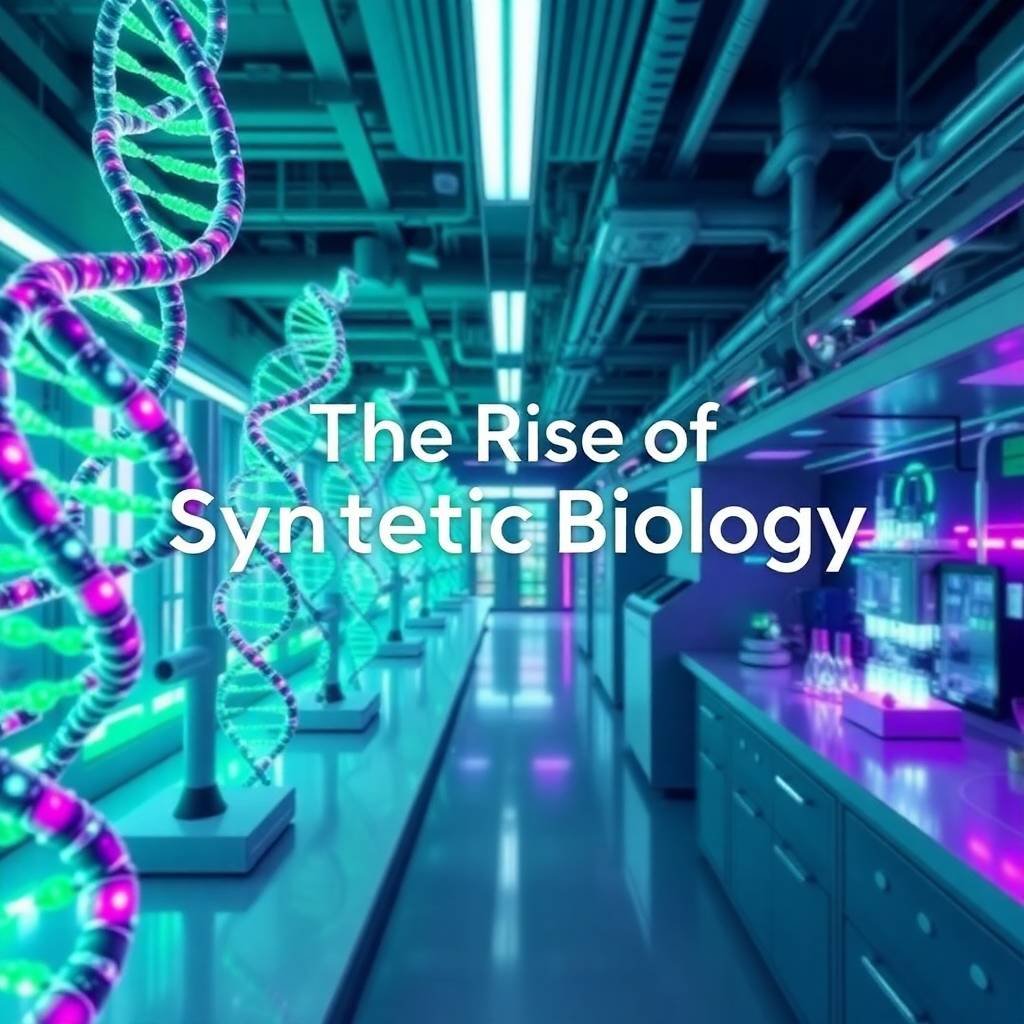Introduction
Synthetic biology is revolutionizing the way we approach biological science and engineering. By merging the principles of biology and engineering, this innovative field allows for the creation of new biological systems and the redesign of existing ones. As researchers harness the power of synthetic biology, it is poised to bring groundbreaking advancements across medicine, agriculture, and environmental sustainability.
Understanding Synthetic Biology
What is Synthetic Biology?
Synthetic biology is an interdisciplinary field that combines principles of biology, engineering, and computer science to design and construct new biological entities. It involves the creation of biological systems with novel functions or the redesign of existing organisms to perform specific tasks.
Key Technologies in Synthetic Biology
- DNA Synthesis and Sequencing: These technologies enable scientists to read and write genetic codes, forming the foundation for constructing synthetic organisms.
- CRISPR and Gene Editing: Tools like CRISPR allow precise modifications to an organism’s DNA, enabling the creation of organisms with desired traits and functions.
- Biological Design Automation: Software and computational tools aid in the design, modeling, and simulation of synthetic biological systems, streamlining the development process.
Applications of Synthetic Biology
Medicine and Healthcare
Synthetic biology is driving innovations in medicine by enabling the development of personalized therapies, engineered tissues, and synthetic vaccines. By designing microorganisms to produce pharmaceuticals, it also facilitates more efficient and cost-effective drug production.
Agriculture and Food Production
In agriculture, synthetic biology is used to engineer crops with enhanced traits, such as increased yield, pest resistance, and improved nutritional content. Additionally, it is paving the way for alternative protein sources, contributing to sustainable food production.
Environmental Sustainability
Synthetic biology offers solutions for environmental challenges like bioremediation, where engineered organisms are used to clean up pollutants. It also contributes to the development of biofuels and biodegradable materials, reducing reliance on fossil fuels and plastic waste.
Benefits of Synthetic Biology
Innovation and Efficiency
Synthetic biology enables the precise design of biological systems, accelerating innovation and enhancing the efficiency of processes across industries. This can lead to more effective solutions to complex problems.
Sustainability
By engineering organisms for specific tasks, synthetic biology facilitates more sustainable practices. It helps reduce environmental impact and conserves resources, contributing to a healthier planet.
Economic Opportunities
The field of synthetic biology opens new markets and opportunities for economic growth. It attracts investment, fosters the development of innovative startups, and creates jobs in emerging biotechnology sectors.
Conclusion
The rise of synthetic biology heralds a new era in biotechnology, with the potential to transform industries and address global challenges. As the field continues to advance, it is crucial to navigate the ethical, safety, and regulatory considerations to harness its full potential responsibly. By doing so, synthetic biology can lead to a more sustainable and innovative future, where engineered organisms play a key role in solving some of the world’s most pressing issues. Embracing the promise of synthetic biology while ensuring responsible use will pave the way for groundbreaking advancements that benefit both society and the environment.

